By: Dr. Elizabeth Eggert
A fitted mouth guard is the best way to protect an athlete’s teeth and mouth area when playing sports throughout the year.
Dr. Jeff and Dr. Elizabeth always recommend to parents of our sports-playing patients that a custom-fitted mouth guard is the best way to protect their kids’ teeth, jaws and general health. This is especially important in traditional high-contact sports like hockey, wrestling, and football, but it’s also true in other sports like baseball and gymnastics in which an errant move may cause a dentofacial injury that is disastrous for the teeth or jaw.
Many athletes rely on the one-size-fits-all or boil-and-bite mouth easily found at sporting goods stores and online, and they are definitely an improvement over no protection.
However, the benefits of custom mouth guards are worth the investment. Your child has just one set of adult teeth, and keeping them intact should be your priority. The longer they can go in life without requiring dental reconstruction, the better. In addition, the cost of a custom set of mouth guards is far more economical than multiple dental visits.
Better Fit
When you get a custom mouth guard, it’s molded exactly to your child’s teeth and jaw. When you choose an off-the-shelf guard, it’s generally bulky and fits far from perfectly. It’s probably uncomfortable to wear and hard to speak around. As a result, kids tend to not wear them for the entire length of the game or competition or they play with them during competition rendering them ineffective.
In contrast, a custom-fit mouth guard is much more comfortable and easy to speak with. This seriously increases the likelihood that your kid will wear it for the duration of their athletic event.
Improved Breathing
One of the most common complaints kids have about one-size-fits-all mouth guards is that they interfere with breathing, especially during intense exertion. It’s no surprise that athletes object to this problem, because it’s hard to perform at your best when your respiration is impaired. Research indicates that custom mouth guards don’t interfere with breathing. In fact, some research suggests that custom mouth guards may actually improve athletic performance. When kids complain that they can’t breathe well while wearing a store-bought mouth guard, upgrade to a custom-made one
Better Protection
The American Dental Association strongly encourages athletes of all ages to wear mouth guards and reduce the risk of orofacial injuries. Studies support this. A 2018 meta-analysis established that mouth guard users are 82-93% less likely to suffer dentofacial injuries. A study of college athletes showed that custom mouth guards provide the best protection against injury while playing contact sports.
The ADA states that the most effective mouth guards share these qualities:
- Cover the user’s teeth on one arch
- Are properly fitted to the user’s mouth
- Are accurately adapted to the user’s oral structures
- Stay in place comfortably and securely
Stock mouth guards don’t meet these criteria, but custom mouth guards do.
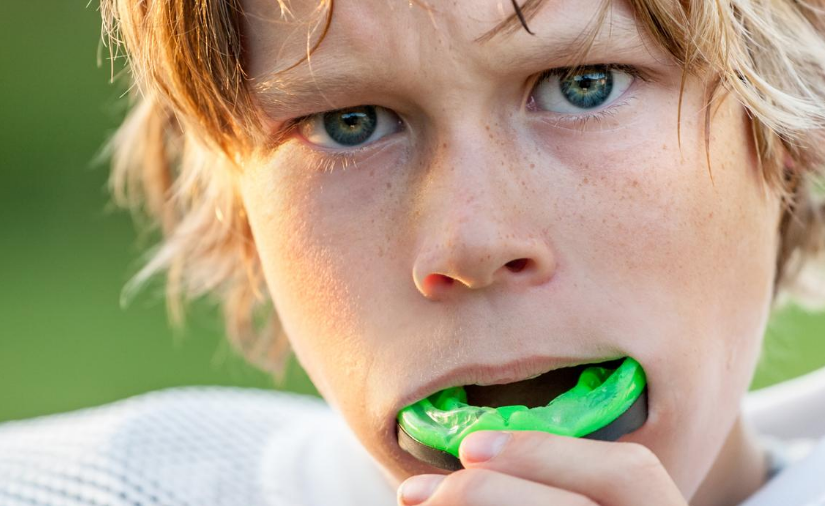

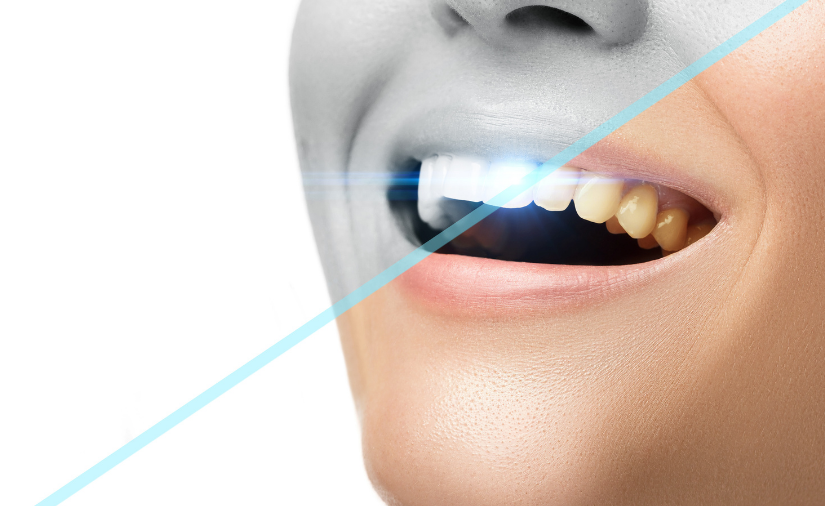

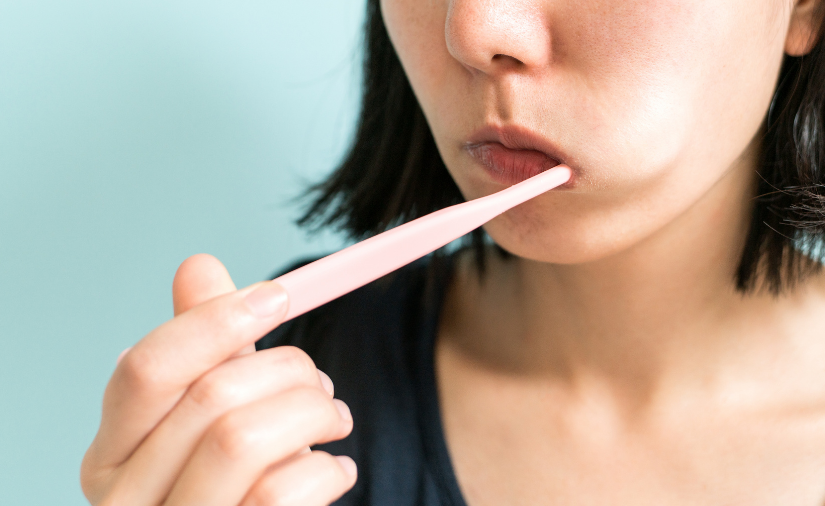

 There are many ways in which drinking water and staying hydrated contribute to your health, but drinking water also offers critical benefits to your oral and dental health as well.
There are many ways in which drinking water and staying hydrated contribute to your health, but drinking water also offers critical benefits to your oral and dental health as well. You may not realize that tooth decay thrives in a dry mouth. This is because saliva contains minerals such as calcium and phosphate, which help discourage tooth decay. Drinking water helps promote more saliva production in your mouth, which is more ammunition in the
You may not realize that tooth decay thrives in a dry mouth. This is because saliva contains minerals such as calcium and phosphate, which help discourage tooth decay. Drinking water helps promote more saliva production in your mouth, which is more ammunition in the 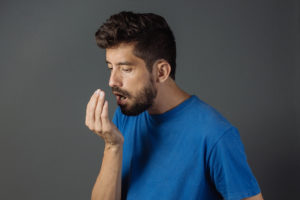 Morning breath and general bad breath is often caused by a dry mouth. Drink water throughout the day, and you will promote saliva production, which helps discourage the unwelcome stinky bacteria working in the mouth.
Morning breath and general bad breath is often caused by a dry mouth. Drink water throughout the day, and you will promote saliva production, which helps discourage the unwelcome stinky bacteria working in the mouth.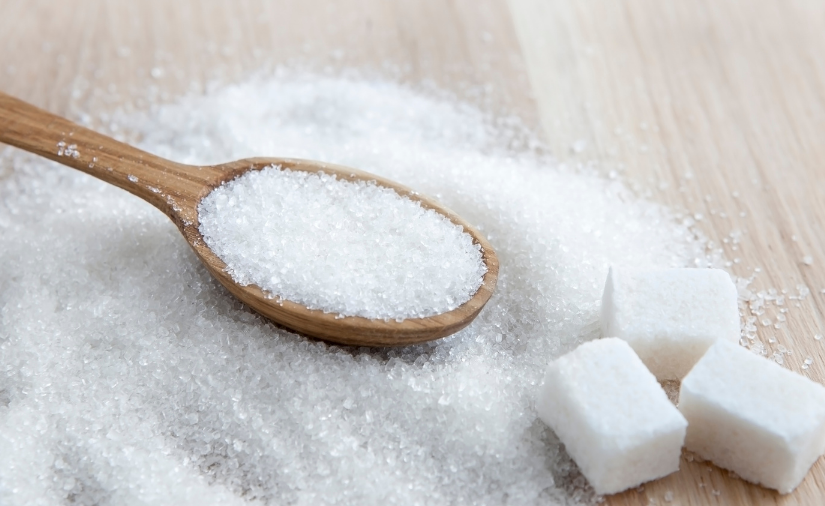
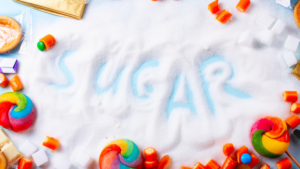 While we don’t expect many people to give up sugar entirely, we do want to urge moderation. Some folks are calling sugar “the new smoking,” as it does have negative effects on our health, from dental cavities to weight gain to inflammation.
While we don’t expect many people to give up sugar entirely, we do want to urge moderation. Some folks are calling sugar “the new smoking,” as it does have negative effects on our health, from dental cavities to weight gain to inflammation.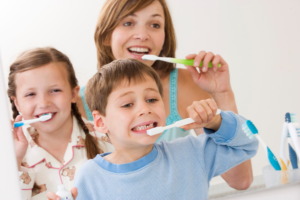 Of course, reducing sugar doesn’t reduce your obligation to brush and floss. Keep up your
Of course, reducing sugar doesn’t reduce your obligation to brush and floss. Keep up your 
 I am a foodie, I confess. As a dental hygienist I have had the opportunity to talk about nutrition, recipes and good eats with patients for over 30 years. Food is truly a universal language.
I am a foodie, I confess. As a dental hygienist I have had the opportunity to talk about nutrition, recipes and good eats with patients for over 30 years. Food is truly a universal language.

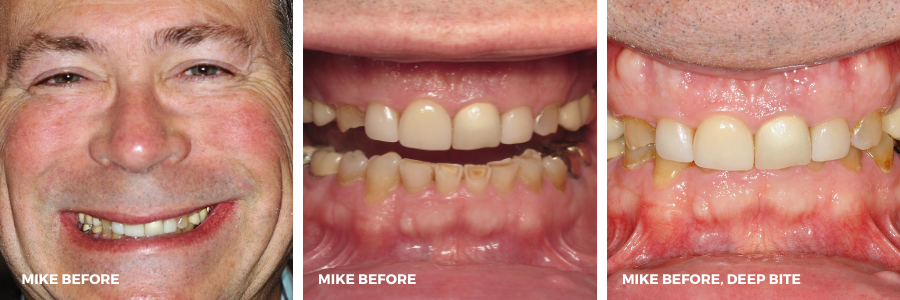
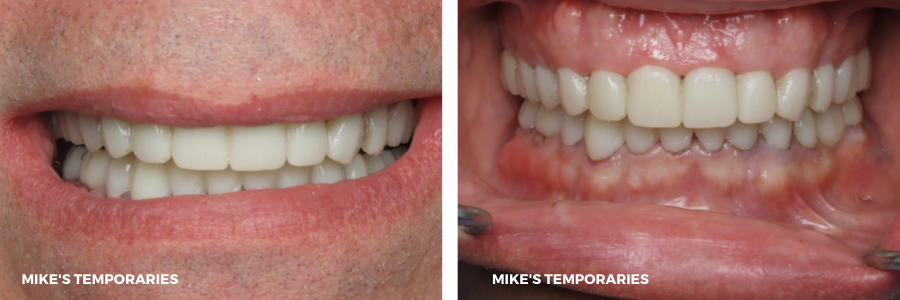
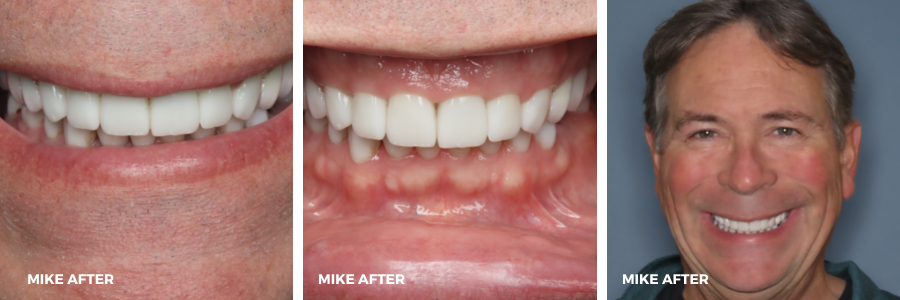
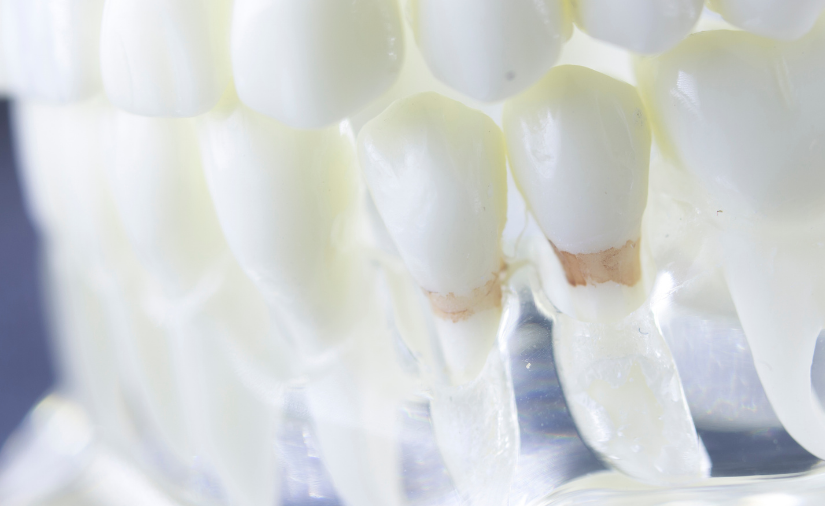
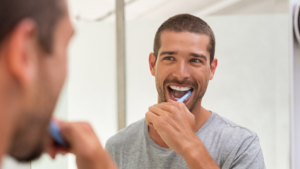 There are a few primary ways you can keep plaque from getting the best of you (and your mouth)!
There are a few primary ways you can keep plaque from getting the best of you (and your mouth)!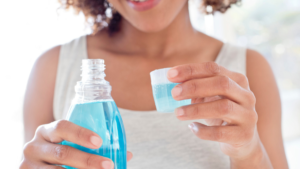 Swish with mouthwash. It’s easy to brush and floss but not take the process any further. When you swish with fluoridated mouthwash afterward, you dislodge any residual food particles. Plus, the
Swish with mouthwash. It’s easy to brush and floss but not take the process any further. When you swish with fluoridated mouthwash afterward, you dislodge any residual food particles. Plus, the 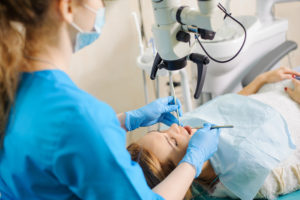 Reducing sugars in your diet in addition to stepping up your oral hygiene game can combat plaque buildup before it becomes a bigger problem. A thorough polishing by one of our hygienists during your recare visit will also help reduce plaque on and in between your teeth.
Reducing sugars in your diet in addition to stepping up your oral hygiene game can combat plaque buildup before it becomes a bigger problem. A thorough polishing by one of our hygienists during your recare visit will also help reduce plaque on and in between your teeth.